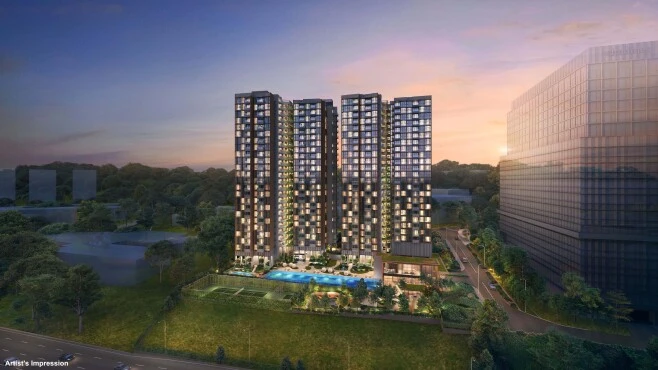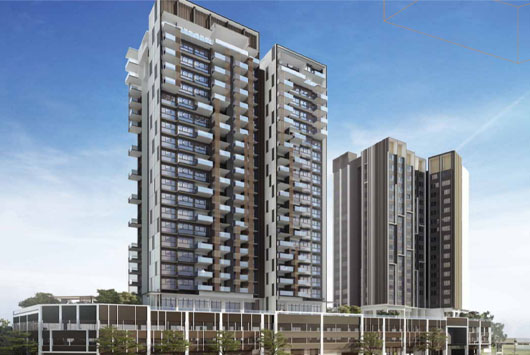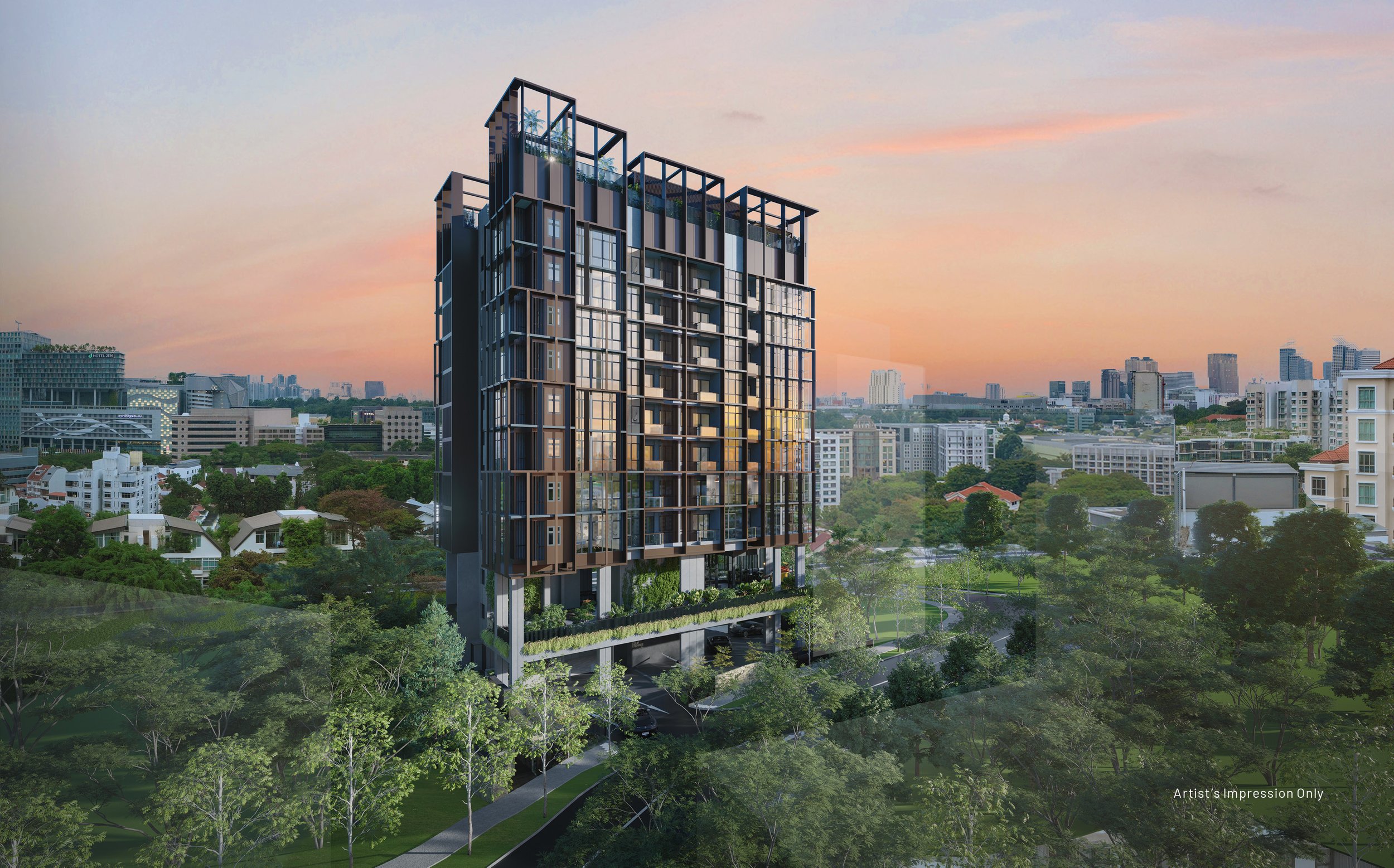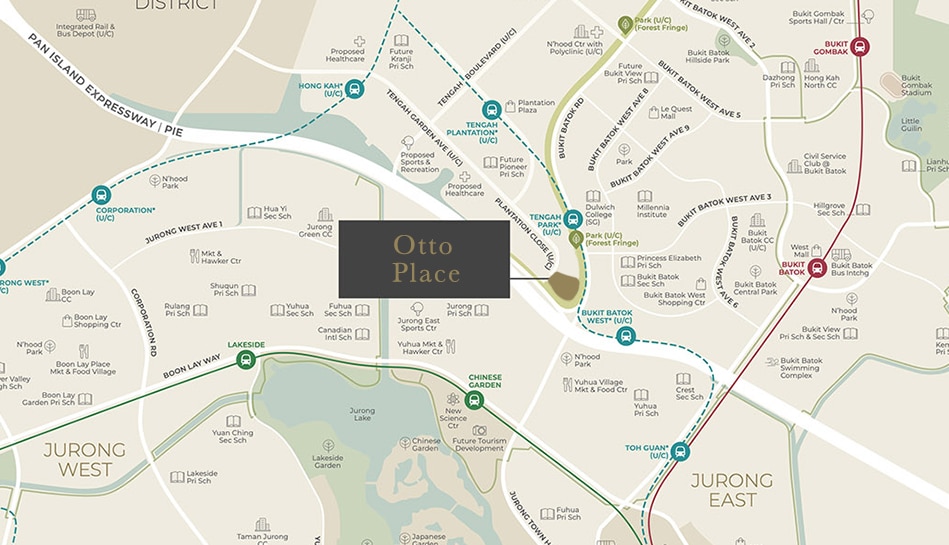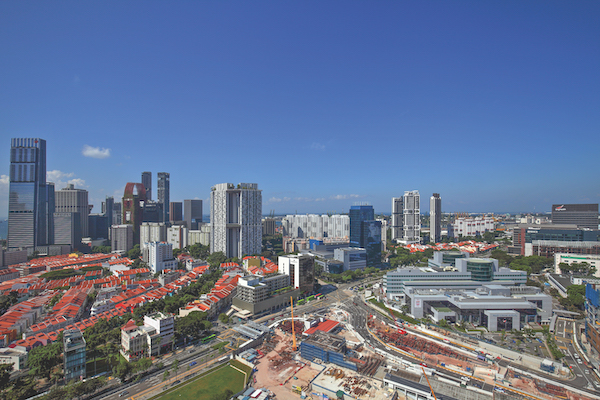Begin your property search
We bring you the most comprehensive selection in the market - the most popular condominiums, apartments, HDB flats, Executive Condominiums, houses and commercial properties.
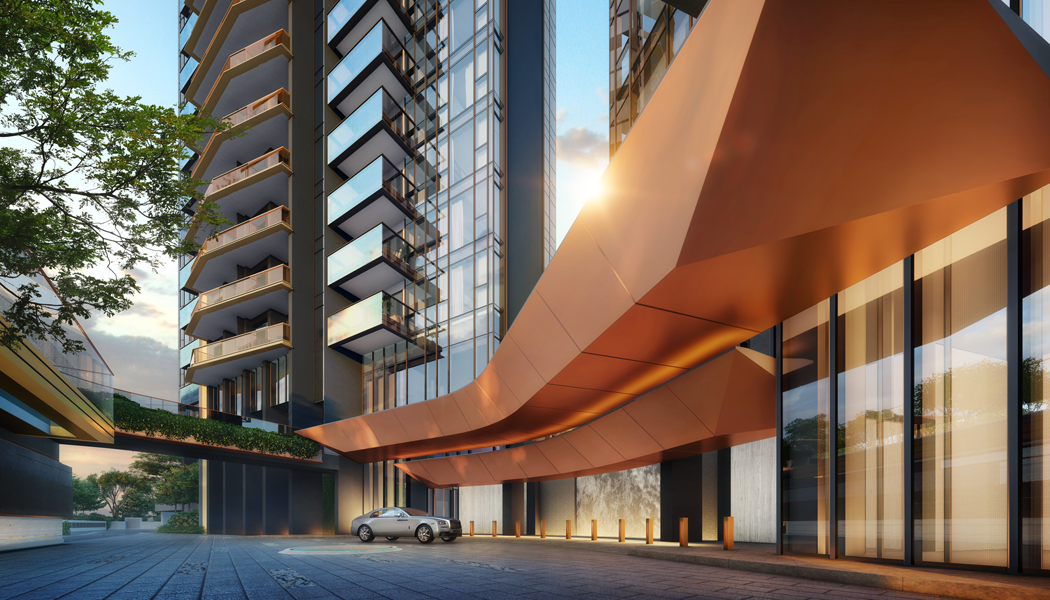
Latest Property
Explore more properties for sale. Whatever home you’re looking for, we’re here to help with the Singapore's largest selection of properties for sale..
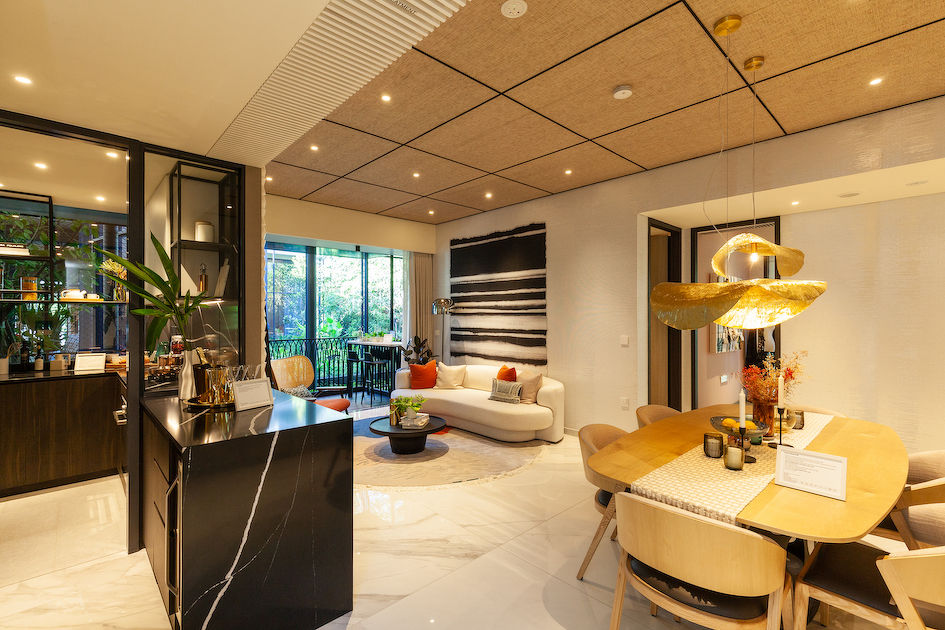
Listings
We welcome the opportunity to assist you! They have hundreds of properties for sale and you can find homes for sale first with us
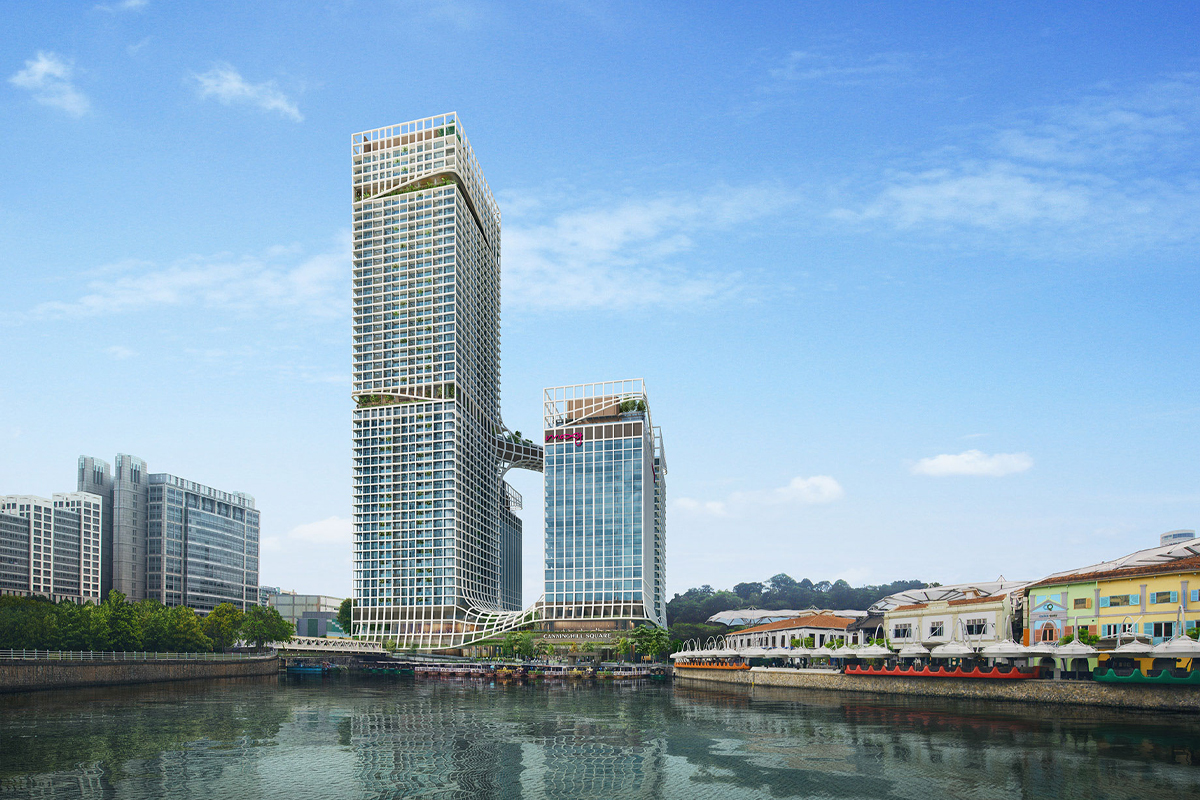
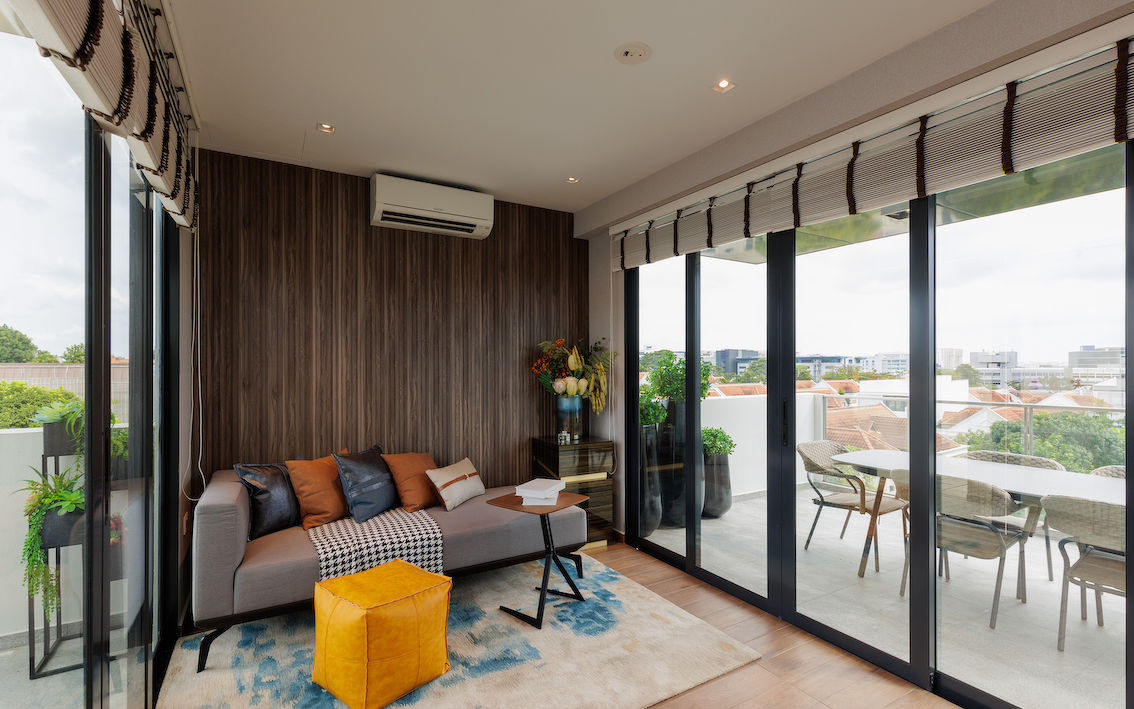
Real Estate News
Latest property news for real estate agents, investors, home-seekers, and sellers in Singapore.




